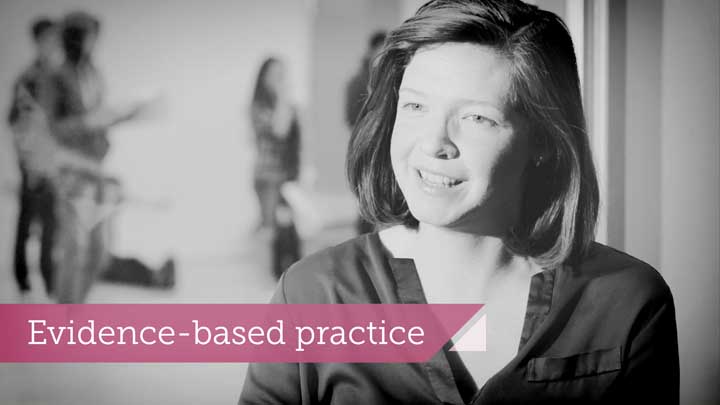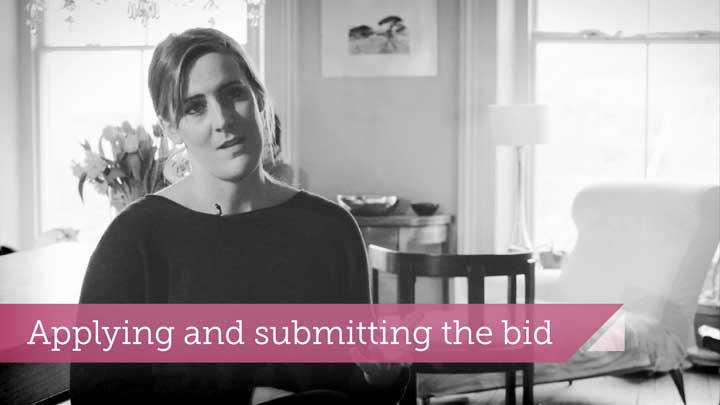In the case of Kent, other local strategic plans include KELSI for support for children and young people. Other local needs information might include things like the Bridge Organisations Cultural Education Profiles that inform Cultural Education Partnerships.
The service specification is based on the needs analysis and outlines what is being asked of providers and it will give full details on what you need to set out in your bid. Where market events initiate a dialogue between providers and commissioners as part of the scoping process, expectations are likely to be similar from an early stage, reducing tensions further down the line. Bidding for the contract is a competitive process in which you will demonstrate your ability to meet the local needs set out in the service specification.
Complexity and the changing face of public services
Commissioners and providers need to scope the work carefully, especially if the commission is complex. Complexity can come from the outcomes intended, the context of the community, the number of partners commissioning, the unseen agendas or delivery partnerships. There might be a tension between quantity and quality, or targets and innovation, for example. Clarity and good planning is needed, but also flexibility, dialogue with commissioners and collaboration.
The trend is towards commissioning for 'outcomes' rather than 'outputs'. Outputs are the numbers of people who participate and their immediate experience of quality. They indicate that the service is being delivered but they don’t indicate if the service is making a bigger difference beyond the delivery timescale. Outcomes are the difference you make to communities, like changing attitudes or behaviour.
Some local authorities are commissioning for 'co-production' in which responsibility for changing communities is shared with the communities themselves.
Evaluating the delivery is essential to demonstrating impact and informing future planning. Identifying the process by which you will know if you have achieved the outcomes is something that should be done at the earliest stage.
Research, policy and practice
It is likely that the contract will specify a policy or evidence-base related to the service being commissioned and relevant good practice should be acknowledged. As providers, you need to be aware what policy is driving a commission as well as what evidence-base is underpinning it. National policies and guidance are likely to be reflected in some way at local level. Where an evidence-base is not specified, it is still useful to have research to hand in explaining and evaluating success.
Evidence-based practice
Producing work that is led by an artist or practitioner is often very different from responding to a service specification. It is important to maintain the strengths of creativity-based practice alongside the benefits of evidence-based practice, but also to recognise the difference.
Writing the bid
By this point you should have identified a good fit between the service in the specification and your work, so you will be clear on how what you do will provide the service outlined. Once you have mapped out and budgeted for how you will meet the tender specification, (including allocating overheads), writing the bid itself may still take a lot of time, so it is advisable to only bid where there is a good fit with your work. Make sure your proposal demonstrates this and that you are explicit about everything that needs to be said.
As with any application process it can be daunting. Being public sector funded the processes have to be robust enough to stand up to scrutiny and the procurement team has to ensure absolute fairness. Be clear on the scoring, and it goes without saying that you need to read the guidance clearly, stick to answering the questions being asked and stay within the word counts. It can feel alien to some people but in reality it might not be as hard as you expect.
As providers you should not be afraid to ask the commissioners for support around the bidding process - this is unlikely to be offered individually, but could be done collectively.
To save everyone time, it might be worth nominating advocates from your sector to liaise with commissioners, and similarly commissioners should nominate someone attuned to the cultural sector to liaise on their behalf. This could be your regional Bridge Organisation for work with children and young people, for example.
Your bid must be realistic and reflect what you are able to deliver as over committing can cause problems further down the line. If you are unsuccessful in your bid, commissioners should be able to offer feedback so that providers get some value from the process even if they are not contracted.


